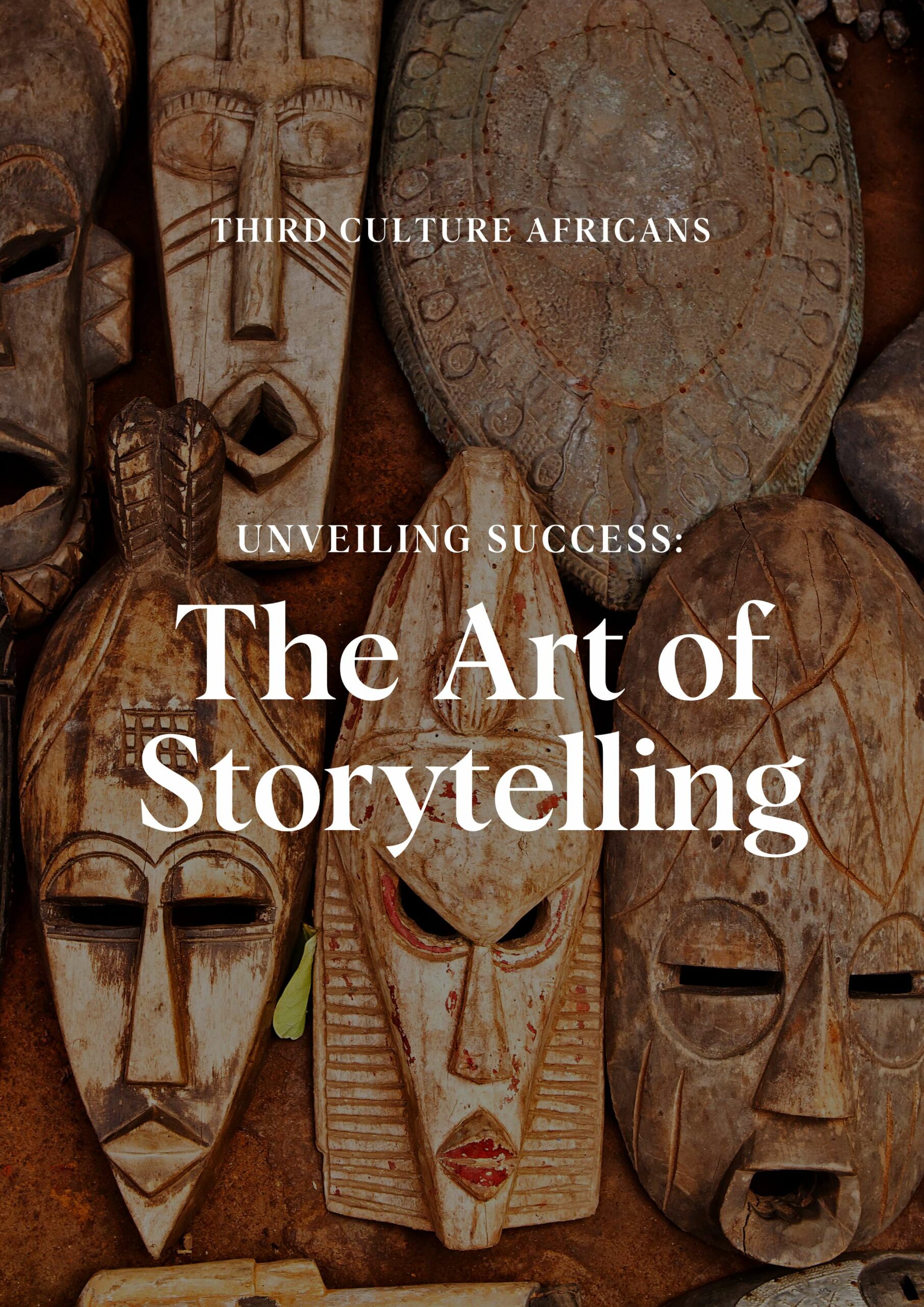In an increasingly complex and fast-paced world, the journey of self-discovery and personal growth has never been more essential. Individuals often find themselves navigating a maze of expectations, societal pressures, and internal conflicts, making it challenging to cultivate a deep understanding of their true selves.
“Practical Strategies for Effective Self-Discovery and Personal Growth” seeks to illuminate the pathways toward authentic self-awareness and fulfillment. By employing a range of practical strategies, individuals can harness their unique strengths and confront their limitations, ultimately fostering a richer, more meaningful life experience.
This article will explore evidence-based techniques and insights from psychology, coaching, and mindfulness, providing readers with actionable steps that can be seamlessly integrated into their daily routines.
Whether one is at the beginning of their personal development journey or seeking to deepen their existing practices, the strategies outlined herein offer valuable tools for reflection, goal-setting, and resilience building.
Through the lens of structured self-inquiry and intentional living, this article aims to empower readers to embark on transformative journeys of self-discovery, enabling them to navigate the complexities of life with clarity and purpose.
Understand oneself through reflective journaling.
Reflective journaling serves as a powerful tool for individuals seeking deeper self-awareness. By regularly documenting thoughts, feelings, and experiences, a person can identify patterns in their behaviors and emotions, leading to greater insight into personal motivations and reactions.
This process encourages a critical examination of past experiences, allowing individuals to confront unresolved issues and explore their impacts on current behavior. Over time, the act of writing fosters clarity, enabling a more objective perspective on complex situations that may have previously felt overwhelming or confusing.
Moreover, reflective journaling cultivates emotional intelligence, as individuals become more attuned to their feelings and how these emotions influence their decisions and interactions with others. Through this practice, one can develop a greater sense of empathy and understanding, not only toward oneself but also in relation to others’ experiences.
Ultimately, the insights gained from reflective journaling can pave the way for more intentional living, informed decision-making, and enriched personal relationships.
This heightened awareness allows for a deeper understanding of one's internal landscape, revealing patterns that may influence behaviors and decision-making.
Explore values to identify passions.
Identifying core values plays a critical role in helping individuals uncover their true passions. When a person takes the time to reflect on what they truly value—be it creativity, community, independence, or knowledge—they begin to align their interests and pursuits with these fundamental principles.
This alignment fosters not only motivation but also a sense of fulfillment and purpose in their daily activities and long-term goals. By understanding their values, individuals can make more informed choices about their careers, hobbies, and relationships, ensuring that they invest their time and energy into endeavors that resonate deeply with their authentic selves.
In the journey of self-discovery, evaluating values can also serve as a compass, guiding individuals through various life transitions and challenges. When faced with decisions or dilemmas, reflecting on what truly matters to them can help clarify their options and lead to choices that feel right.
This process empowers individuals to pursue paths that not only enhance their well-being but also contribute to a sense of belonging and satisfaction. Ultimately, discovering and embracing one’s values can illuminate a clearer path toward passions that ignite enthusiasm and motivate sustained engagement.
Set achievable goals for growth.
Establishing attainable objectives is essential for personal development, as it provides individuals with a structured pathway to progress. By breaking down larger aspirations into smaller, manageable goals, one can cultivate a sense of achievement that fosters motivation and resilience.
This approach not only makes the process of growth less daunting but also allows for regular reflection on progress, enabling individuals to adjust their strategies as needed. When goals are clearly defined and realistically set, individuals are more likely to maintain focus and commitment, ultimately leading to sustained growth over time.
Furthermore, setting achievable goals encourages individuals to celebrate their successes, no matter how small. Recognizing these milestones helps reinforce positive behavior and cultivates a growth mindset, which is crucial for tackling future challenges.
By emphasizing progress over perfection, individuals can develop a greater sense of self-efficacy, empowering them to take on increasingly ambitious goals as their skills and confidence expand. This ongoing cycle of setting, achieving, and reflecting creates a dynamic environment for continuous personal growth and self-improvement.
Learn more about this in the blog article: How To Recognise Personal Development And Growth
Practice mindfulness to enhance awareness.
Incorporating mindfulness into daily routines serves as a powerful tool for enhancing self-awareness. By engaging in mindful practices, individuals train themselves to observe their thoughts, emotions, and bodily sensations without judgment.
This heightened awareness allows for a deeper understanding of one’s internal landscape, revealing patterns that may influence behaviors and decision-making. As individuals cultivate this skill, they can identify triggers and responses that previously went unnoticed, empowering them to navigate life’s challenges with greater clarity and intention.
Moreover, mindfulness fosters a sense of presence that enriches everyday experiences. By focusing on the here and now, individuals can fully engage in their current activities, leading to enhanced enjoyment and satisfaction.
This practice not only reduces stress and anxiety but also opens the door to greater empathy and connection with others. Consequently, the ability to be present allows for more meaningful interactions and a more profound appreciation of life, ultimately facilitating personal growth and self-discovery.
Check out this episode!
Seek feedback from trusted mentors.
Receiving feedback from trusted mentors is a vital aspect of personal and professional development. Mentors, with their wealth of experience and insight, can provide valuable perspectives that individuals may not have considered.
By actively seeking input from these knowledgeable guides, individuals can uncover blind spots in their skills and behaviors, facilitating a more comprehensive understanding of their strengths and areas for improvement. This external validation and constructive criticism can lead to significant growth, enabling individuals to refine their goals and strategies in pursuit of success.
In addition to enhancing self-awareness, engaging with mentors fosters accountability and motivation. When individuals share their aspirations and challenges with someone they respect, they are more likely to remain committed to their personal development journey.
The guidance and encouragement from mentors serve to reinforce resilience, allowing individuals to embrace challenges with a growth mindset. Ultimately, this collaborative relationship not only accelerates progress but also cultivates a supportive network that can inspire further exploration and achievement.
Embrace challenges to build resilience.
Encountering challenges is a fundamental aspect of developing resilience, as it pushes individuals beyond their comfort zones and encourages growth. When faced with adversity, individuals are compelled to adapt, learn, and innovate, ultimately cultivating a robust capacity to handle future difficulties.
This process of confronting challenges not only strengthens their problem-solving skills but also enhances their emotional fortitude. By viewing obstacles as opportunities for growth rather than setbacks, individuals can reframe their experiences, fostering a positive mindset that is crucial for navigating life’s inevitable ups and downs.
Moreover, the act of embracing challenges can lead to significant personal transformation. Each challenge faced contributes to a deeper understanding of one’s capabilities and limitations, paving the way for informed decision-making and increased self-efficacy.
As individuals learn to persevere through difficult situations, they build confidence in their ability to overcome obstacles, reinforcing their resilience. This cycle of challenge and growth not only benefits personal development but also equips individuals with the skills necessary to support others facing similar hurdles, creating a ripple effect of resilience within their communities.
Engage in new experiences regularly.
Exploring new experiences on a regular basis serves as a catalyst for personal development and self-discovery. By stepping outside familiar routines and embracing the unfamiliar, individuals can gain fresh perspectives and insights about themselves and the world around them.
These novel encounters not only stimulate curiosity but also encourage flexibility and adaptability. Whether it involves learning a new skill, traveling to a different place, or engaging with diverse cultures, such activities foster a broader understanding of life and can illuminate hidden passions and interests.
Furthermore, consistently seeking new experiences can enhance creativity and problem-solving abilities. Exposure to different situations and viewpoints encourages lateral thinking, allowing individuals to connect ideas in innovative ways.
This diversity of experiences can also lead to a greater appreciation for life’s complexities, helping individuals build empathy and connection with others. Ultimately, the pursuit of new experiences becomes a vital component of a fulfilling life, empowering individuals to navigate their personal journeys with confidence and resilience.
Cultivate a supportive community network.
Building a robust network of supportive individuals is essential for fostering personal growth and self-discovery. A community that encourages open communication, mutual respect, and shared goals creates an environment where individuals feel safe to express their thoughts and emotions.
This supportive atmosphere not only bolsters confidence but also provides a sounding board for ideas and challenges. When people engage with others who share similar interests or aspirations, they can benefit from diverse perspectives and shared experiences, enhancing their understanding of themselves and their objectives.
Moreover, a strong community network serves as a source of motivation and accountability. When individuals surround themselves with others who are committed to personal growth, they are more likely to stay focused on their goals and remain resilient in the face of obstacles.
The encouragement and constructive feedback offered by peers can inspire individuals to step out of their comfort zones and pursue opportunities they might not have considered otherwise. Ultimately, cultivating such a network fosters a sense of belonging, making the journey of self-discovery less isolating and more enriching.
In conclusion, the journey of self-discovery and personal growth is both a profound and ongoing process that requires intentional effort and reflection. By implementing practical strategies such as setting clear goals, engaging in mindfulness practices, and seeking feedback from trusted sources, individuals can cultivate a deeper understanding of themselves and their aspirations.
Moreover, embracing challenges and viewing failures as opportunities for learning can foster resilience and adaptability. Ultimately, those committed to this journey are likely to experience transformative changes that enhance their overall well-being and fulfillment in life.
As they navigate this path, the insights gained will not only illuminate their personal identity but also empower them to make meaningful contributions to the world around them.


